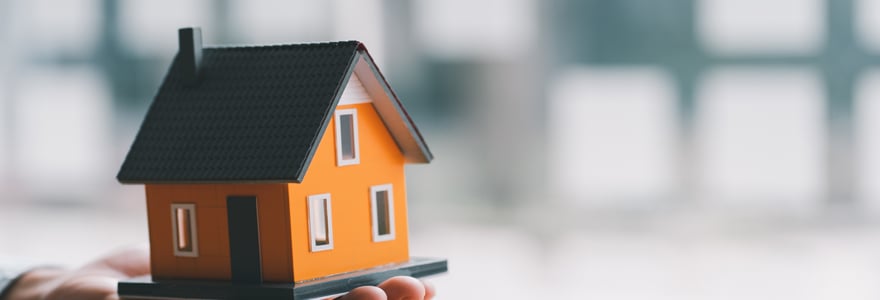
For many people, the journey from their first home to their forever home is a long one. Choosing the right real estate choices can be daunting, and mistakes can be costly. That's why it's important to have a plan in place to ensure you make the right choices at the right time. Whether you're looking for your first starter home or you're ready to make the leap to a forever home, there are factors to consider and mistakes to avoid. In this article, we'll explore the key things to keep in mind when making these important real estate decisions. From budgeting to choosing the right property, we'll help you make the right moves along the path to your forever home, more information here.
Factors to Consider When Choosing a Starter Home
Starter homes are great for first-time homebuyers who want to invest in their own property without breaking the bank. However, choosing the right starter home can be a daunting task. Here are some factors to consider:
- Location: choose a safe and convenient location that fits your lifestyle, whether it's close to work or family
- Affordability: stick to your budget and don't overextend yourself financially, especially if you plan to upgrade your home in the future
- Condition: make sure the home is in good condition and that any necessary repairs won't eat into your budget
- Size: consider the size and layout of the home, especially if you plan to start a family in the near future
- Potential for appreciation: look for starter homes in up-and-coming neighborhoods to ensure a potential increase in value over time
Mistakes to Avoid When Buying a Starter Home
While buying your first home is an exciting milestone, it's important to be aware of the common mistakes that many first-time buyers make:
- Not doing your research: don't rush into a purchase without researching the market, the neighborhood, and the potential for appreciation
- Overlooking hidden costs: be aware of additional costs like property taxes, maintenance fees, and insurance
- Ignoring resale value: think ahead and make sure your starter home has the potential to increase in value to ensure a good return on investment
- Forgetting about the inspection: always get a home inspection to uncover any hidden issues that could end up costing you down the line
- Forgetting about the future: consider your long-term goals and make sure your starter home fits your future plans, whether it's starting a family or upgrading to a larger home
Preparing for the Transition to a Forever Home
While many first-time homebuyers start with a starter home, eventually most will look to transition to a larger, long-term home. Here are some tips on how to prepare for the transition:
- Think ahead: consider factors like location, school districts, and family size when looking for a forever home
- Save up: start saving for a down payment as soon as possible to ensure you can afford a forever home that meets your needs
- Build up your credit: work on improving your credit score to qualify for a better mortgage rate and better loan terms
- Invest in your starter home: make improvements to your starter home to increase its value and ensure a better return on investment when you're ready to upgrade
- Be patient: don't rush into a forever home purchase and take the time to find the right property that meets all your needs and fits your budget
Tips for Choosing the Right Forever Home
Choosing a forever home is a big decision, and there are many factors to consider. Here are some tips to help you make the right choice:
- Location: choose a location that fits your lifestyle, whether it's close to work, schools, or family
- Size and layout: consider the size and layout of the home, taking into account your family's needs and lifestyle
- Condition: make sure the home is in good condition and won't require major repairs or renovations
- Amenities: think about what amenities are important to you, like a backyard, a pool, or a garage
- Budget: stick to your budget and don't overextend yourself financially, especially if you want to leave room for other priorities like vacations or retirement
Budgeting for Your Real Estate Choices
One of the most important aspects of buying a home is budgeting. Here are some tips to help you budget for your real estate choices:
- Calculate your expenses: consider all your current expenses, including rent, utilities, and other bills, as well as any future expenses like children or retirement
- Save for a down payment: aim to save at least 20% of the purchase price for a down payment to secure a better mortgage rate and reduce your overall costs
- Consider all costs: take into account all costs associated with buying a home, including property taxes, closing costs, and maintenance fees
- Set a realistic budget: be honest with yourself about what you can afford and stick to a realistic budget to avoid financial stress
- Think long-term: consider your long-term goals and make sure your real estate choices align with those goals
In summary, buying a home is an exciting and life-changing decision. From choosing the right starter home to preparing for a forever home, there are many factors to consider. By doing your research, preparing financially, and being patient, you can make the right real estate choices to suit your current and future needs.
